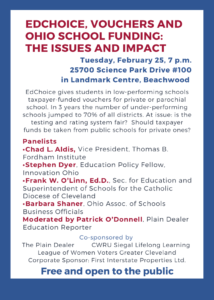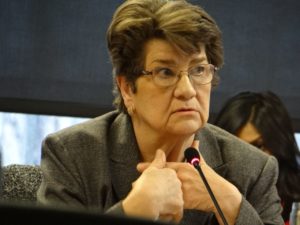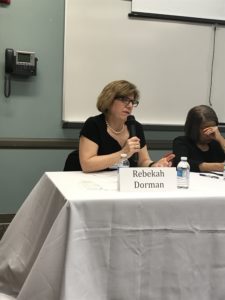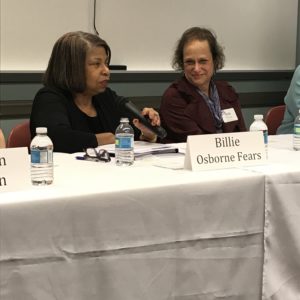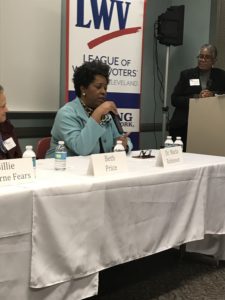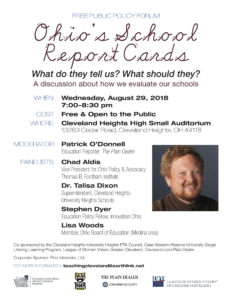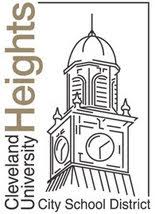Bill would ‘thwart the will of Ohioans.’ State Ed board independent for reason| Opinion
“The people of Ohio passed the 1953 amendment to make the state board of education a fourth branch of government,” William L. Phillis, Guest columnist
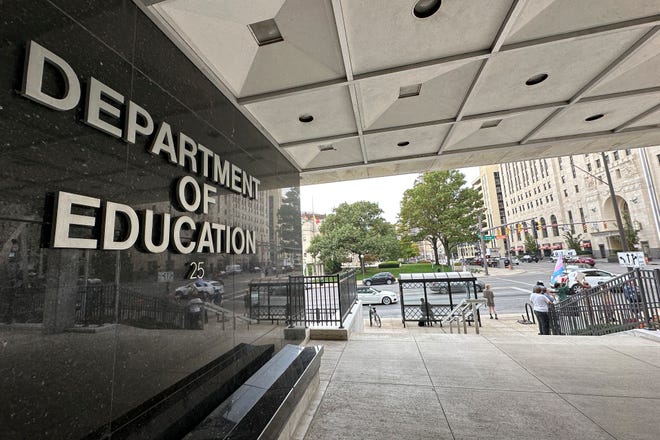
William L. Phillis is a former teacher, principal, superintendent, and assistant superintendent of public instruction. He is currently the executive director of the Ohio Coalition for Equity and Adequacy of School Funding.
Leaders of the Ohio Senate seem to be inebriated with power.
With a super majority, they do what they want. They are in a position with a super majority in both chambers of the legislature, to overpower the Governor’s office if they wish.
Senate Bill 178 would neuter the State Board of Education by transferring most of the duties of the State Board of Education to the Governor’s office. The move is counter to Article VI, Section 4 of the Ohio Constitution.
In 1953 Ohioans, with a constitutional amendment, removed the state education agency from the governor’s office by establishing an independent state board of education.
A history lesson — which some state officials would ignore — is in order.
Ohio did not have a state school officer until 1837, when the legislature enacted the office of superintendent of common schools and employed Samuel Lewis as superintendent. After three years, Lewis resigned, and the legislature repealed the law which established the position.
This guest column is available free: Support the exchange of local and state ideas by subscribing to the Columbus Dispatch.
The Ohio Constitutional Convention of 1850-1851 called for the common school system.
Delegates debated, but ultimately rejecting the idea of establishing in the constitution a state officer for education.
In 1853 however the legislature enacted legislation providing for a state commissioner of common schools to be elected on a three-year cycle. During the constitutional convention of 1912, delegates crafted language to replace the state commissioner of common schools with a superintendent of public instruction.
Ohioans approved the amendment, and the legislature attached the position to the governor’s office.
In 1953, Ohioans passed a constitutional amendment as follows:
There shall be a state board of education which shall be selected in such manner and for such terms as shall be provided by law. There shall be a superintendent of public instruction, who shall be appointed by the state board of education. The respective powers and duties of the board and of the superintendent shall be prescribed by law.(Article VI, Section 4)
Ohioans removed the superintendent of public instruction and thus the state education agency from the governor’s office.
In the 1990’s Governor Voinovich requested the legislature to allow the governor to appoint State Board of Education members as a means to gain control of the state education agency.
The legislature gave Voinovich the authorization to appoint eight members in addition to the eleven elected members. This action paved the way for a dysfunctional environment that continues to this day.
State officials should restore the state board to an all-elected body to regain the credibility and the respect the state board had from 1956 to the Voinovich era.
The people of Ohio passed the 1953 amendment to make the state board of education a fourth branch of government.
Senate Bill 178 would thwart the will of Ohioans. But that does not matter to some current state political leadership.
The redistricting fiasco is another proof that the will of the people is of no concern to some current state officials.
Senate Bill 178 should be ditched.
William L. Phillis is a former teacher, principal, superintendent, and assistant superintendent of public instruction. He is currently the executive director of the Ohio Coalition for Equity and Adequacy of School Funding.





